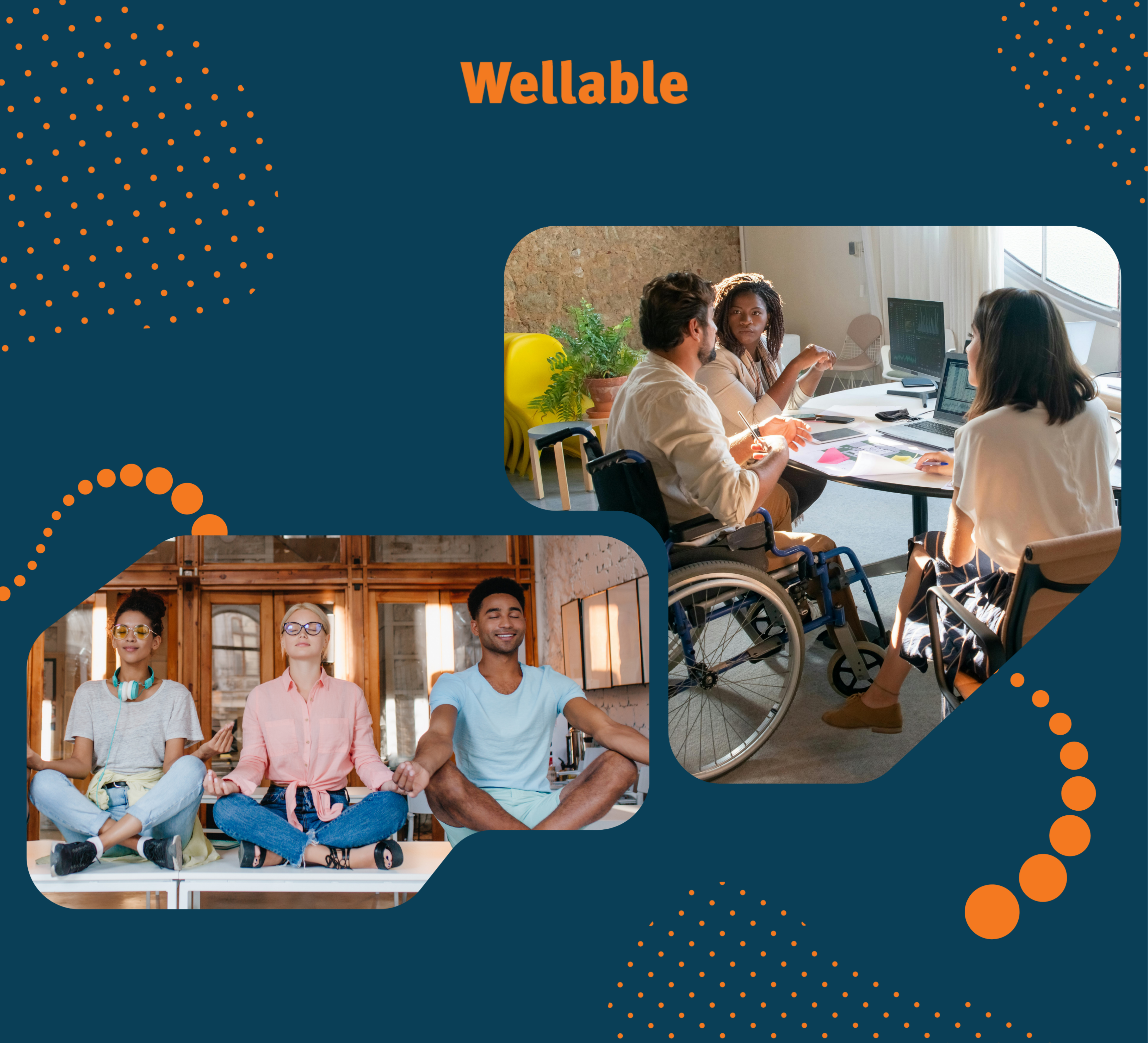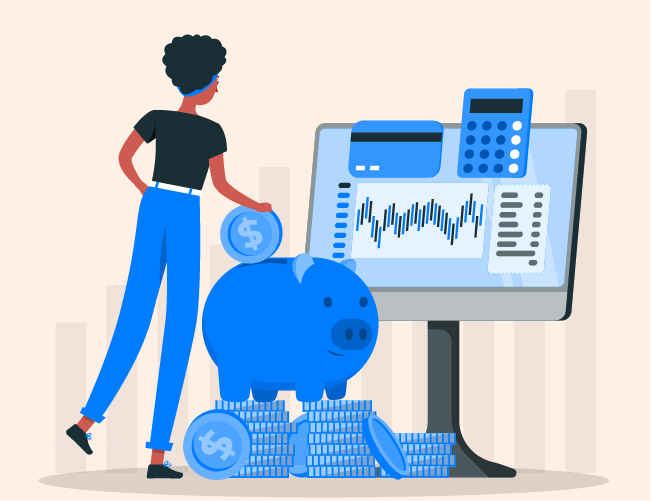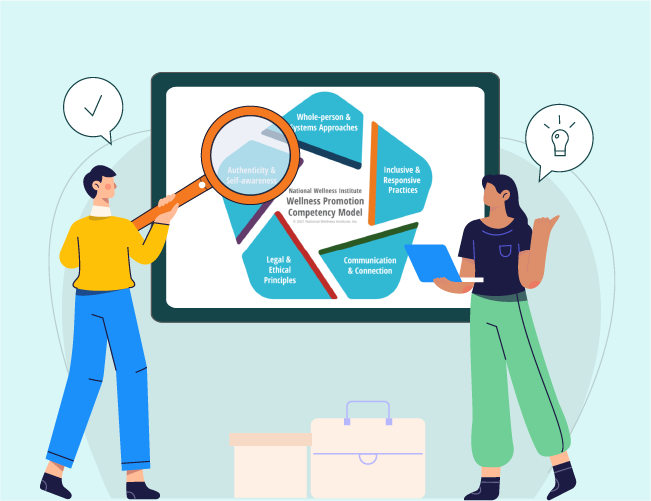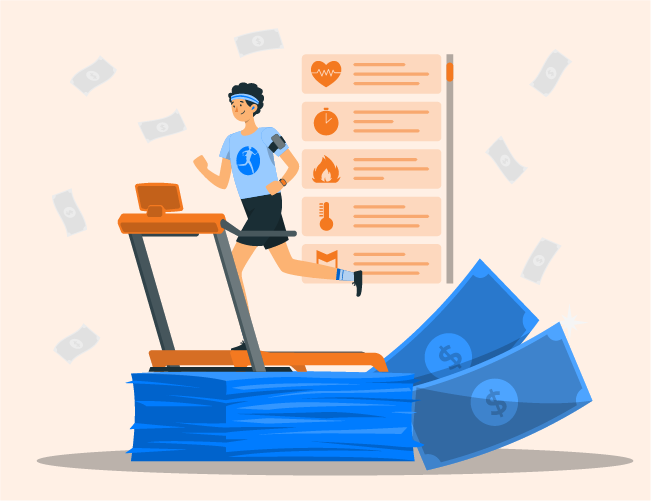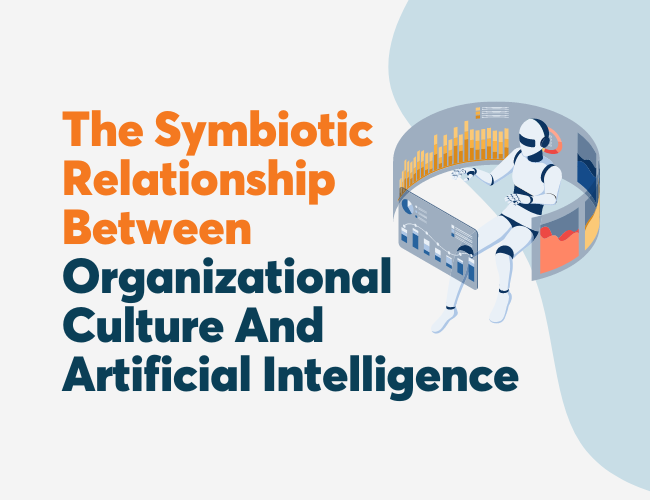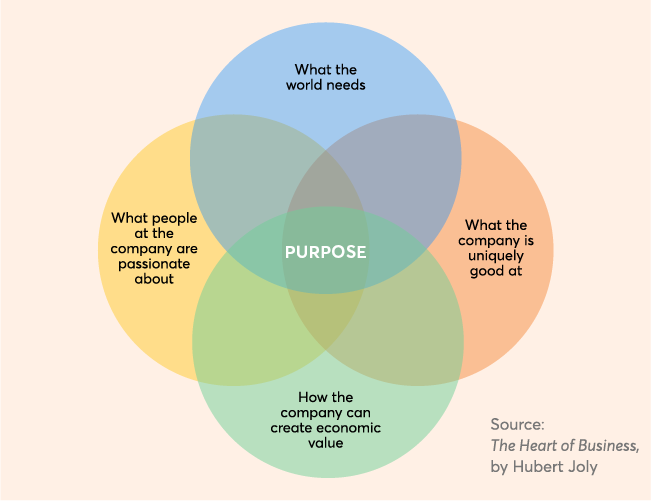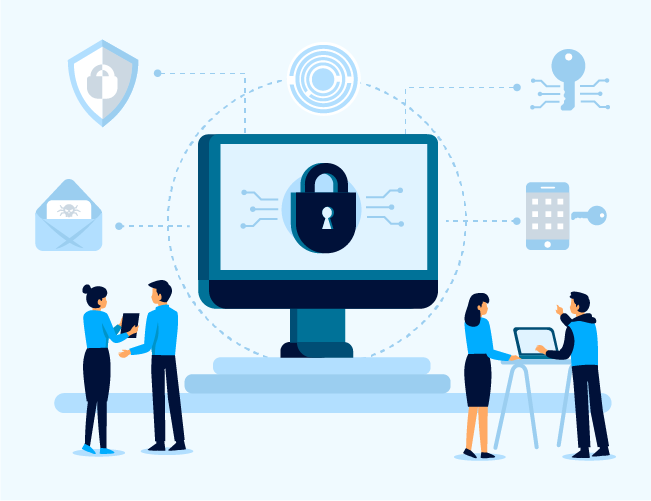Short on time? Here are the key takeaways:
- Corporate wellness apps provide scalable, accessible support for helping employees manage stress, reduce burnout, and build resilience.
- Comprehensive wellness apps go beyond fitness challenges, offering mindfulness, sleep support, social connection, and resources that support individual health goals.
- When thoughtfully selected, wellness apps can strengthen mental health outcomes and improve job satisfaction, productivity, and holistic well-being.
As burnout rates climb, mental health challenges persist, and work-life boundaries blur in hybrid and remote work settings, companies are increasingly turning to innovative tools to support employee well-being. Corporate wellness apps are an effective, accessible solution to support mental health, boost engagement, and build resilience across teams.
These apps go beyond traditional fitness features like step counting or calorie tracking, offering comprehensive solutions that address stress management, mindfulness, sleep, and goal setting, all of which enhance mental well-being. By meeting employees where they are—on their phones, tablets, or laptops—corporate wellness apps make resources more convenient to use and scalable across a large workforce.
What Are the Benefits of Corporate Wellness Apps for Employees?
Corporate wellness apps improve employees’ workplace experience, mental health, and overall well-being. Here are some benefits of these tools:
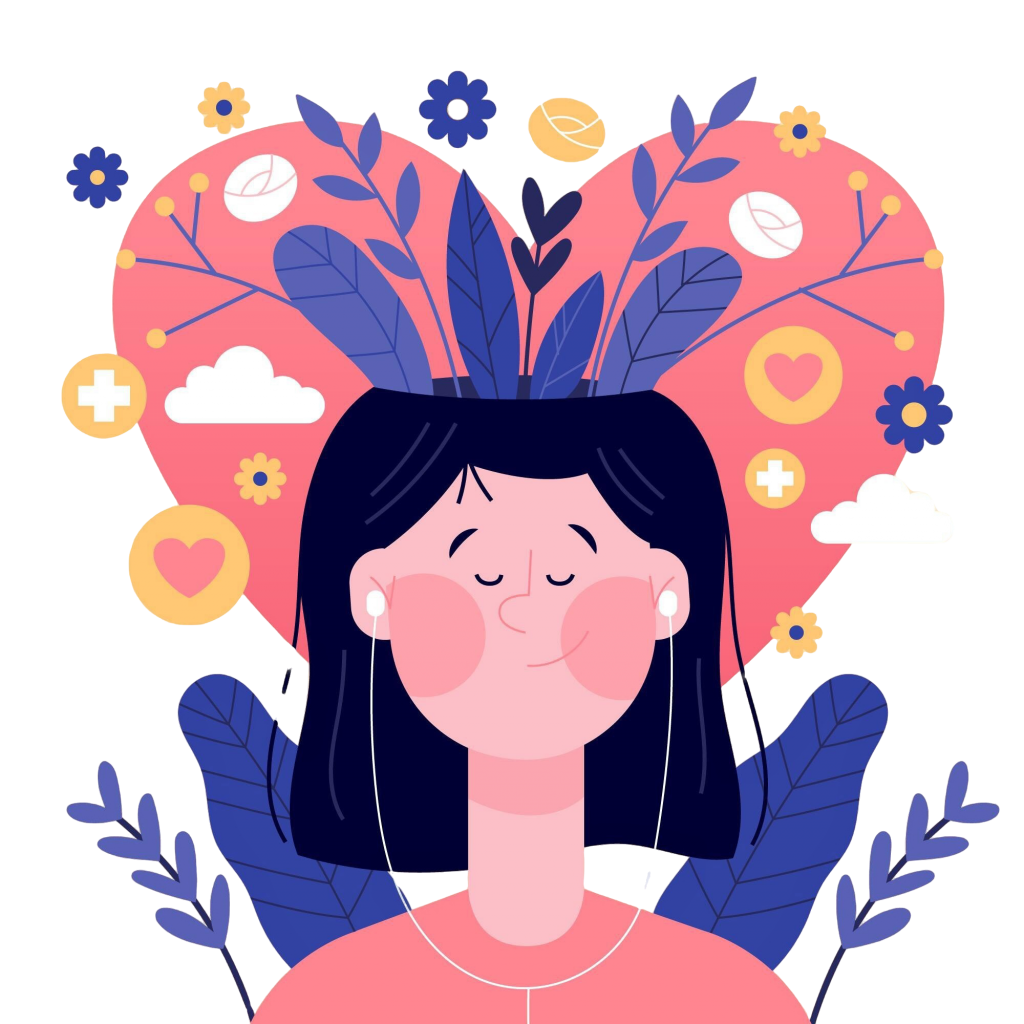
- Enhance mental health: Employee wellness apps help address mental health challenges, such as stress, anxiety, and burnout. Features like mood tracking, mindfulness exercises, and access to virtual counseling provide employees with practical tools to manage their mental well-being on their own schedule.
- Reduce risk of burnout: Features like goal-tracking and self-care reminders promote a healthy work-life balance. By encouraging healthy habits and offering tools for relaxation, corporate wellness apps help employees recharge while making progress toward their goals.
- Offer support in isolated work environments: In today’s hybrid and remote work settings, wellness apps bridge the gap between employees and their organizations. They provide opportunities for virtual engagement through challenges and community forums, fostering a sense of connection and belonging—even when employees are physically apart.
- Strengthen the mind-body connection: Many wellness apps are holistic in nature, providing tools like sleep, nutrition, and exercise tracking, along with personalized health assessments. These features motivate employees to adopt healthier habits, creating a virtuous cycle where physical health directly boosts mental well-being, and vice versa.
- Boost engagement: Corporate wellness apps demonstrate an organization’s commitment to employee health, helping workers feel valued and supported. This sense of care fosters greater focus, motivation, and engagement, resulting in higher productivity, improved job satisfaction, and a stronger connection to the workplace culture.
- Maximize convenience: Wellness apps are designed for modern lifestyles, offering resources at employees’ fingertips. Whether it’s a quick mindfulness session between meetings or tracking progress toward a wellness goal, these tools are easy to integrate into busy routines.
Key Wellness App Features
Employers can find the ideal employee well-being app by evaluating its features for alignment with their workplace needs. The following features set top-performing apps apart, ensuring maximum engagement and effectiveness:
User-Friendly Design
- Intuitive interface: Simple navigation and clear visuals ensure ease of use for employees across all technical skill levels.
- Mobile compatibility: Real-time tracking and notifications keep employees’ wellness goals top-of-mind and motivate consistent progress.
Comprehensive Tracking and Analytics
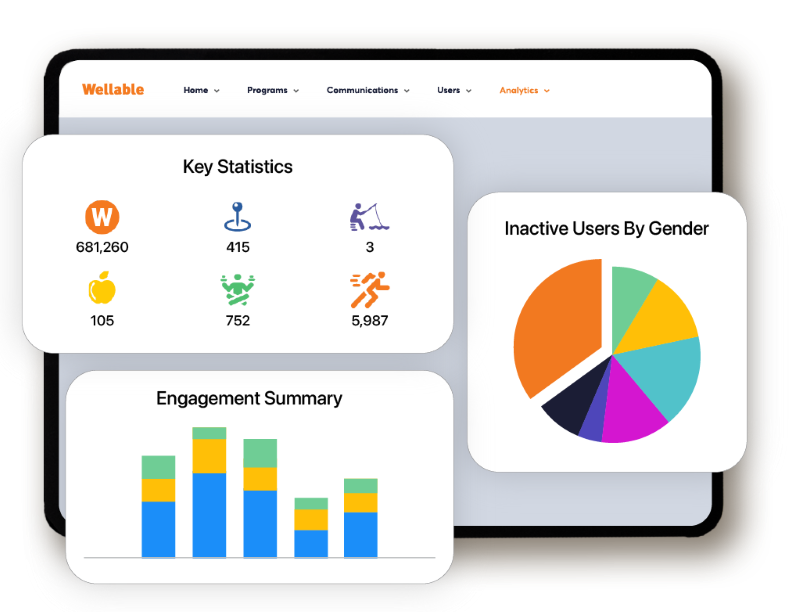
- Holistic health tracking: Apps that track physical activities, nutrition, sleep patterns, and mental health metrics provide a comprehensive view of wellness.
- Progress dashboards: Personalized insights and detailed progress reports keep employees motivated and on track.
Gamification and Engagement
- Challenges and rewards: Features like leaderboards, badges, and point systems encourage participation and healthy competition.
- Team activities: Collaborative goals promote camaraderie and collective well-being among employees.
Privacy and Security
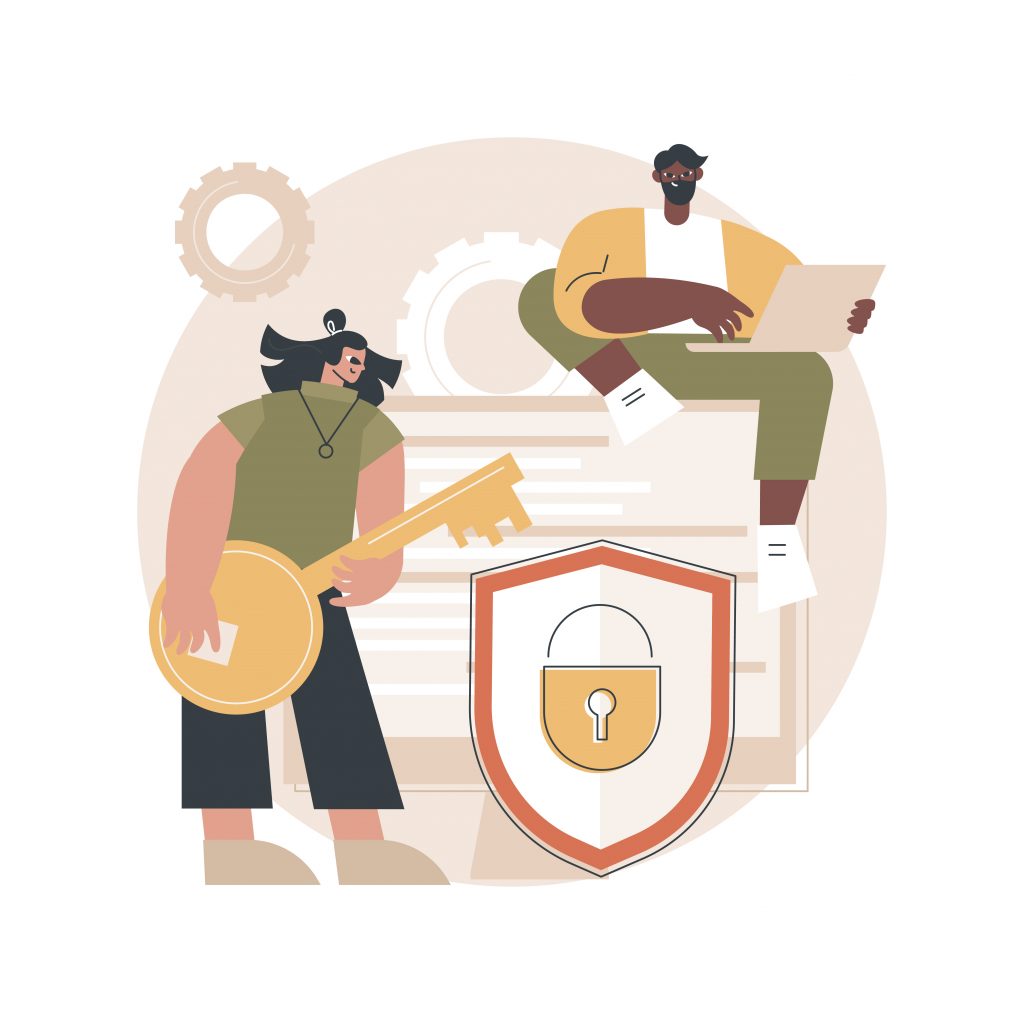
- Data protection: Strong encryption and compliance with privacy standards such as HIPAA ensure that personal health information is secure.
- Anonymity options: Anonymous reporting features provide insights for employers without compromising individual privacy.
Personalization and Flexibility
- Customizable programs: Tailoring activities, challenge themes, and tracking metrics to individual goals ensures the program remains relevant and valuable to a wide range of employee needs.
- Integration with devices: The ability to sync wellness apps with wearable devices (e.g., Fitbit, Apple Watch) enables seamless, automated activity tracking. This eliminates the need for manual input and ensures more accurate and consistent data collection.
Support and Scalability
- Live assistance: Reliable customer support ensures employees can troubleshoot issues and maximize app usage.
- Scalable solutions: Apps that accommodate growing employee bases can be tailored to companies of all sizes.
8 Best Employee Wellness Apps for Mental Health
As mental health increasingly becomes a top priority in the workplace, more organizations are turning to digital tools to support their teams. Some apps solely offer targeted mental health support (e.g., therapy, coaching, guided meditations), while others take a broader approach, combining emotional, physical, and social well-being into a single platform. Choosing the right solution depends on your workforce’s needs, your company’s goals, and how seamlessly a tool can integrate into existing workflows and culture. The following apps represent a range of strong options for organizations looking to support employee mental wellness in practical, impactful ways.
1. Calm
Best for: Guided meditation and stress relief for all experience levels
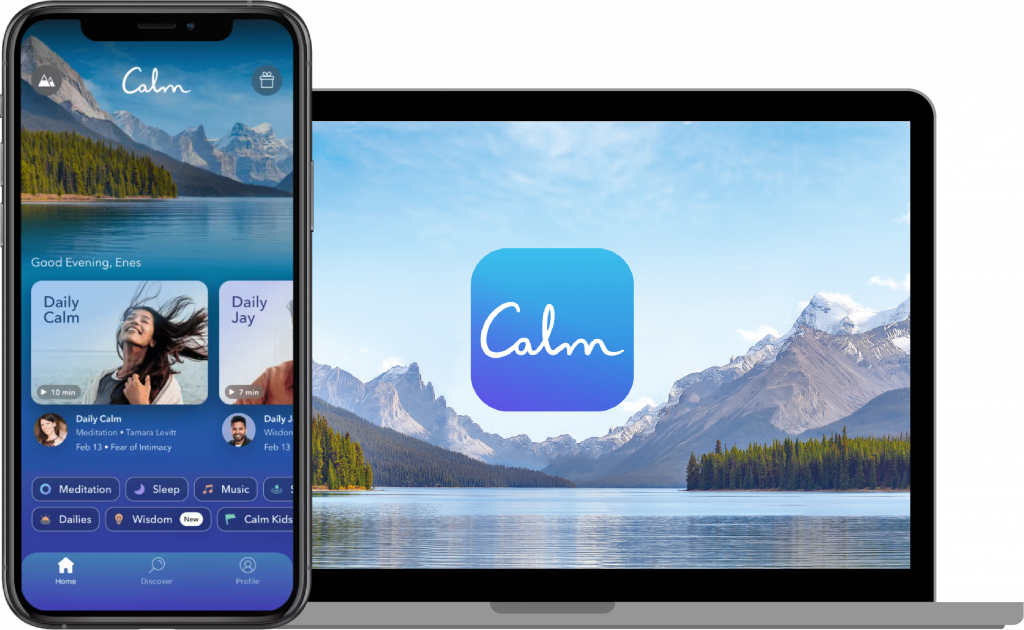
Calm is an excellent choice for companies prioritizing mental health support, with an emphasis on reducing stress and improving focus. It offers guided meditations, sleep stories, mindfulness exercises, and stress management programs. Calm is highly user-friendly and backed by scientific research, making it suitable for individuals at any stage of their mental wellness journey. However, its full library of features is locked behind a subscription, which may require careful budgeting for organizations looking to implement it at scale. Additionally, some of the content may feel lengthy for users who want quick daily practice.
| Pros | Cons |
|---|---|
|
|
2. AbleTo
Best for: Personalized mental health coaching grounded in cognitive behavioral therapy (CBT)
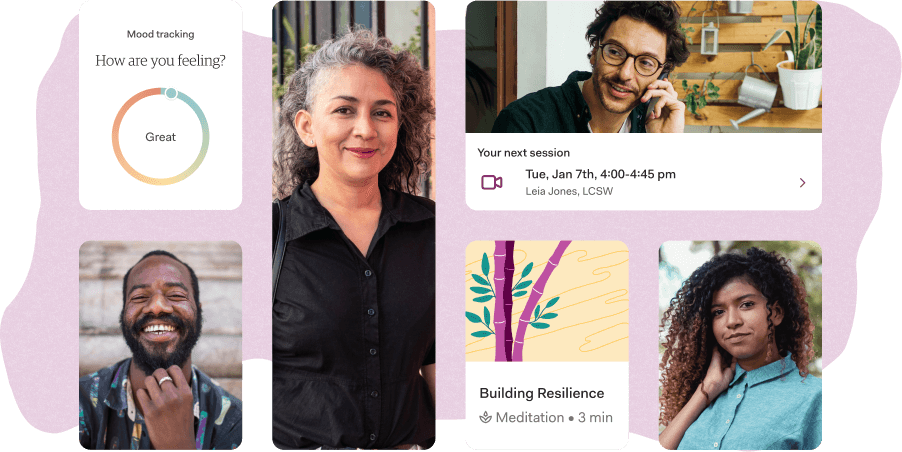
AbleTo delivers one-on-one virtual coaching grounded in cognitive behavioral therapy (CBT), empowering employees to identify and transform negative thoughts for more constructive responses to life’s challenges. Its comprehensive, science-backed approach to mental health includes instant self-care sessions, mindfulness exercises, and mood tracking.
Employees benefit from daily health risk assessments, which uncover thought patterns, assess mood, and monitor wellness activities such as sleep and exercise. The app also offers step-by-step audio lessons on topics like building confidence and managing emotions. However, AbleTo lacks some features found in other wellness apps, such as gamified challenges and meditation libraries, which could limit its versatility as a comprehensive mental health solution. AbleTo is a strong choice for employers prioritizing tailored emotional support and therapeutic solutions.
| Pros | Cons |
|---|---|
|
|
3. Headspace
Best for: Beginner-friendly mindfulness practices and workplace stress management
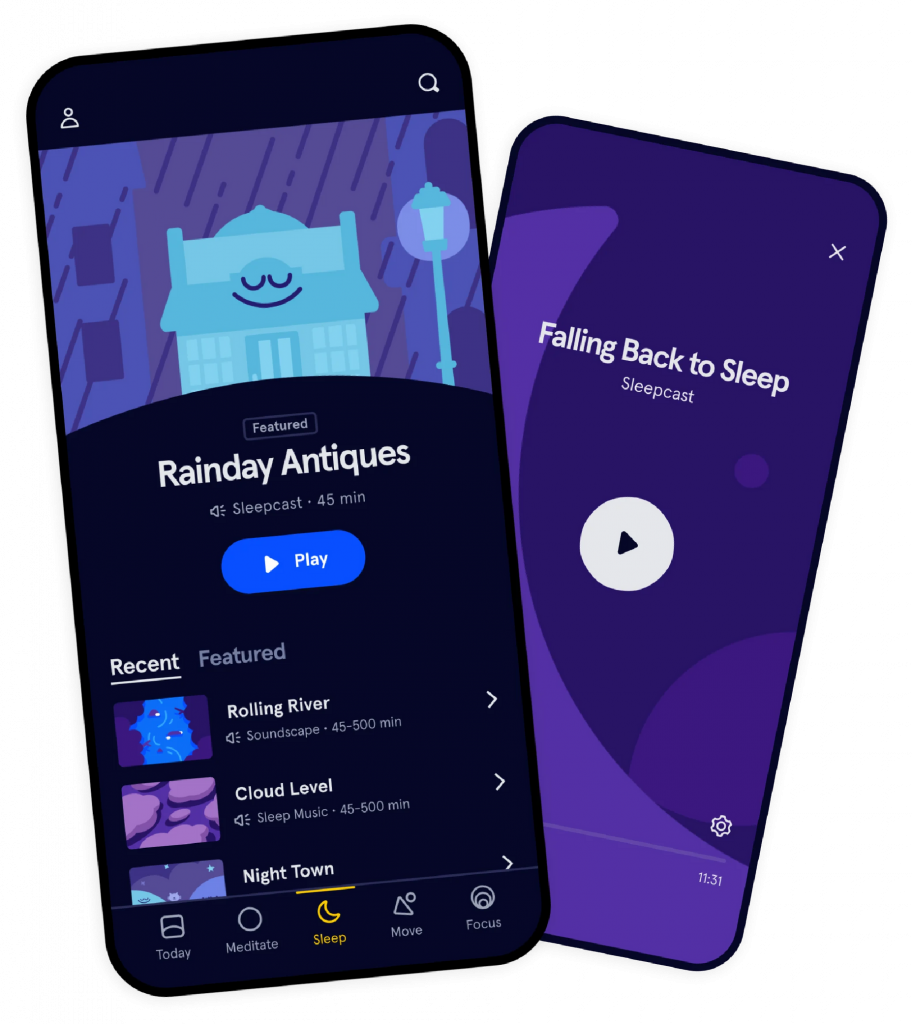
Headspace offers a suite of tools to promote mindfulness, stress reduction, and better sleep through themed meditation sessions and sound-assisted sleep solutions. It is most suitable for beginners and provides quick mediation practices for individuals who are short on time. Its structured approach integrates well with workplace wellness programs; however, it comes at a higher cost for large teams and may require training to ensure employees maximize its features. This app is ideal for organizations seeking stress management tools for employees who are new to mindfulness and meditation.
| Pros | Cons |
|---|---|
|
|
4. Wellable
Best for: A holistic wellness approach combining physical and mental well-being, rewards, and recognition
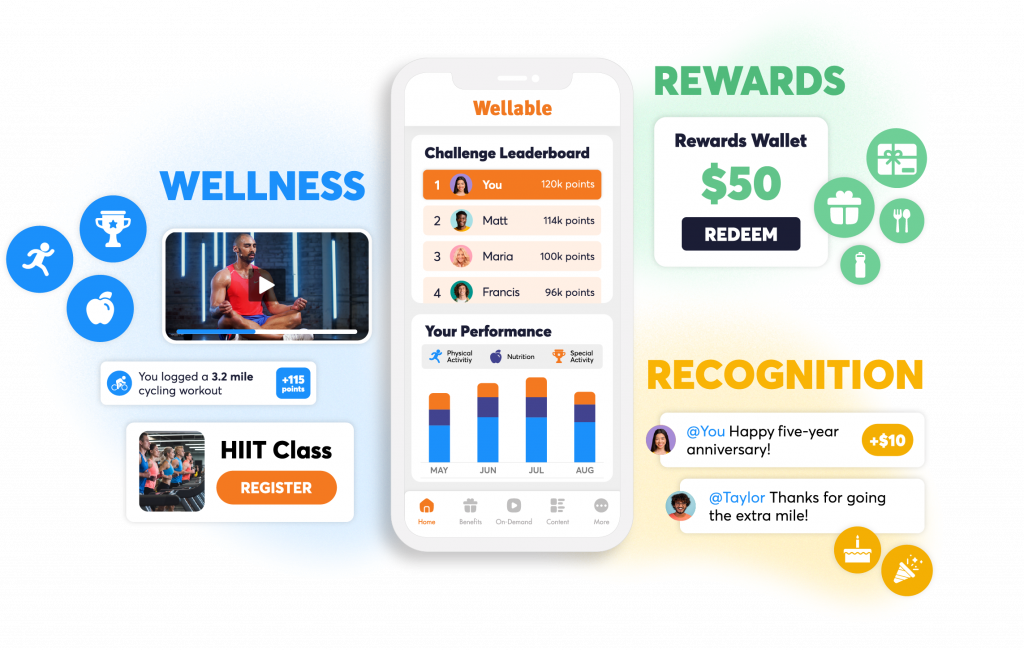
Wellable is uniquely equipped to support mental and emotional well-being through a holistic platform that integrates multiple dimensions of wellness. Its mental health offerings include guided meditations, sleep stories, and a self-care series designed to reduce stress, improve focus, and promote emotional balance. It also offers dynamic health challenges and on-demand fitness content, helping employees build sustainable habits that reinforce mental well-being.
Beyond individual practices, Wellable fosters workplace purpose and team connection through a built-in recognition and rewards system that celebrates achievements and encourages peer-to-peer appreciation. With customizable content, real-time analytics, and a dedicated Customer Success Team, Wellable empowers organizations to build a mentally resilient workforce.
| Pros | Cons |
|---|---|
|
|
Experience Wellable’s Award-Winning Wellness Platform
Thoughtfully-designed, holistic solutions that work for employers and employees.
No compromises.
5. Remente
Best for: Integrating personal growth with workplace performance
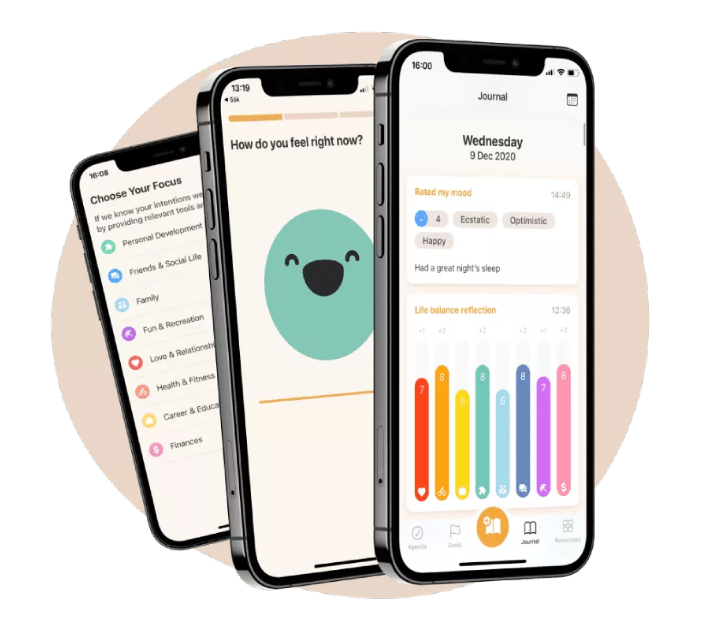
Remente bridges personal and professional development with mental wellness, offering a psychology-based framework that supports growth in areas such as emotional resilience, goal-setting, productivity, and stress management. The app offers daily coaching sessions, life balance assessments, and a dynamic day planner to transform goals into everyday habits. These tools empower employees to achieve their objectives while maintaining mental well-being with the help of mindfulness and self-care resources.
Its AI-driven insights also provide employers with data on team dynamics, enabling them to boost workplace motivation and overall wellness. However, some users report that integration into businesses can be slow. Overall, Remente differentiates itself by ensuring that progress and balance go hand in hand for sustained success.
| Pros | Cons |
|---|---|
|
|
6. Happify
Best for: Gamified mental wellness activities rooted in positive psychology
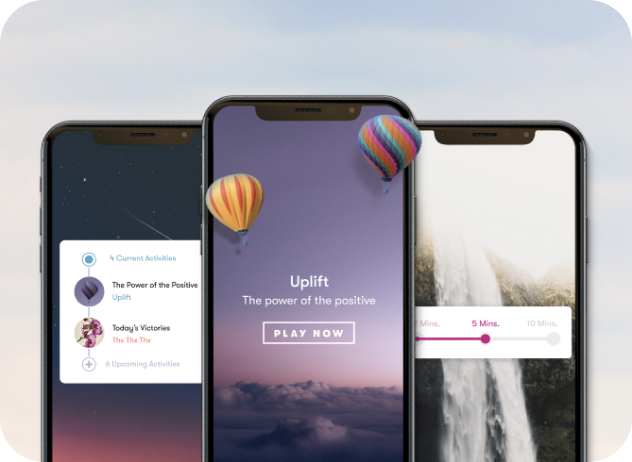
Happify uses science-backed activities and games to reduce negative thoughts, boost optimism, minimize anxiety, and build self-esteem. It offers more than 70 month-long programs that guide individuals through goal-based journeys (e.g., Conquering Negative Thoughts, Building Mindfulness Through Meditation), all grounded in positive psychology and CBT. The app also features a therapeutic AI chatbot that offers 24/7 assistance, though it lacks the depth and rapport that can be achieved through human therapy. Happify is well-suited for organizations looking to gamify mental wellness efforts for more excitement and engagement.
| Pros | Cons |
|---|---|
|
|
7. MoodFit
Best for: Building emotional awareness and resilience through self-guided tools
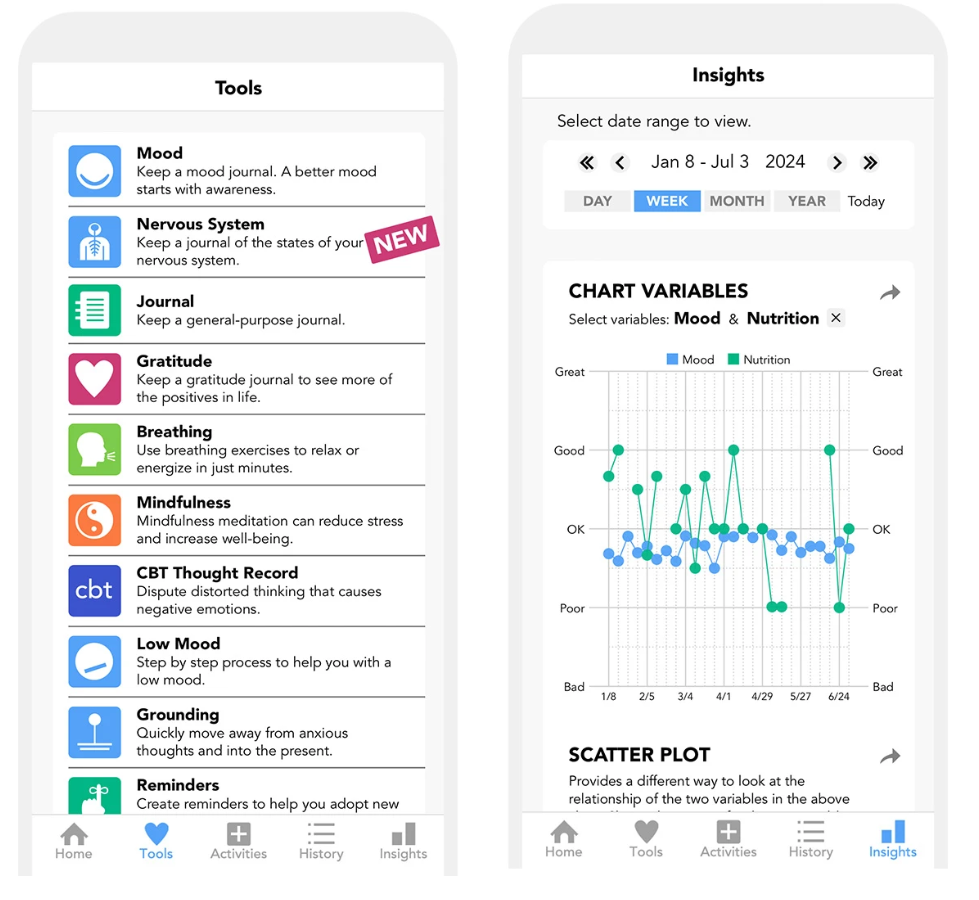
MoodFit helps users get “mentally fit” with features that build resilience and improve emotional health, such as mood trackers, mental health assessments, and CBT thought records (a digital journal to track negative thoughts and reframe them for a more balanced outlook). The app also includes gratitude journaling, breathing techniques, and guided exercises to help individuals become aware of what influences their moods. The basic version of MoodFit is free, providing an accessible option for companies of all sizes and budgets that want to support their team’s mental well-being. However, the premium version requires a monthly fee, and neither model offers access to a therapist, which may limit its appeal for organizations looking for more comprehensive mental health support.
| Pros | Cons |
|---|---|
|
|
8. 7 Cups
Best for: Anonymous, on-demand emotional support and peer connection
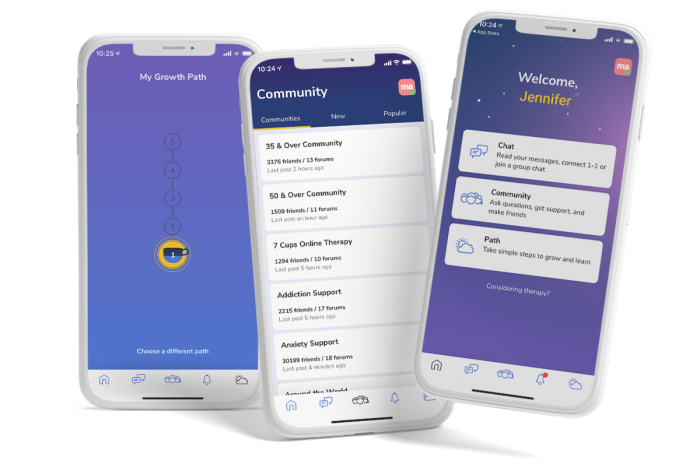
7 Cups offers anonymous text-based counseling and virtual support groups, providing a safe and confidential space for employees to discuss mental health challenges. Its free 24/7 chat feature connects users with trained volunteers for immediate, accessible support, while affordable online therapy and coaching options are available for a monthly fee. While the app does not integrate with other workplace wellness tools, it serves as a valuable supplemental resource, especially for organizations seeking to provide private and cost-effective mental health support as part of a broader wellness strategy.
| Pros | Cons |
|---|---|
|
|
